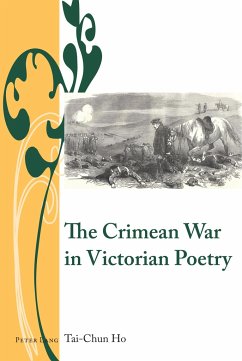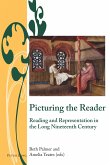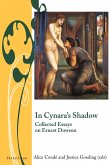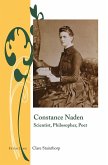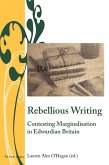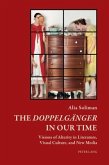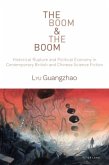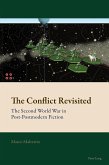Cast in the shadow of the soldier-poets of the First World War, Victorian war poets have often been disparaged as «armchair patriots» glorifying military action in an unthinking fashion. Challenging this long-standing assumption, The Crimean War in Victorian Poetry considers the evolution of the figure of the homefront poet and explores the daunting task of representing war from a civilian perspective.
By virtue of the medium of modern reportage, the Crimean War (1854-1856) witnessed the inauguration of the civilian spectatorship of distant suffering, provoking a heated debate over the concept of the war poet and the function of war poetry during moments of national crisis. Confronted with news of soldiers' hardships and of the distress caused by the government's mismanagement of war, the so-called armchair poet sought ways of addressing the problem of pain and adversity from a distance and of engaging with the politics of war by composing lines of verse at home.
This is the first book-length study to examine the predicaments and achievements of mid-Victorian war poets. It provides historically nuanced readings of how a diverse group of British poets - ranging from the Poet Laureate Alfred, Lord Tennyson to the highly acclaimed female poet Louisa Stuart Costello - fought a literary war as they reworked the established traditions of war poetry and experimented with poetic forms in response to news of distant combat.
By virtue of the medium of modern reportage, the Crimean War (1854-1856) witnessed the inauguration of the civilian spectatorship of distant suffering, provoking a heated debate over the concept of the war poet and the function of war poetry during moments of national crisis. Confronted with news of soldiers' hardships and of the distress caused by the government's mismanagement of war, the so-called armchair poet sought ways of addressing the problem of pain and adversity from a distance and of engaging with the politics of war by composing lines of verse at home.
This is the first book-length study to examine the predicaments and achievements of mid-Victorian war poets. It provides historically nuanced readings of how a diverse group of British poets - ranging from the Poet Laureate Alfred, Lord Tennyson to the highly acclaimed female poet Louisa Stuart Costello - fought a literary war as they reworked the established traditions of war poetry and experimented with poetic forms in response to news of distant combat.

